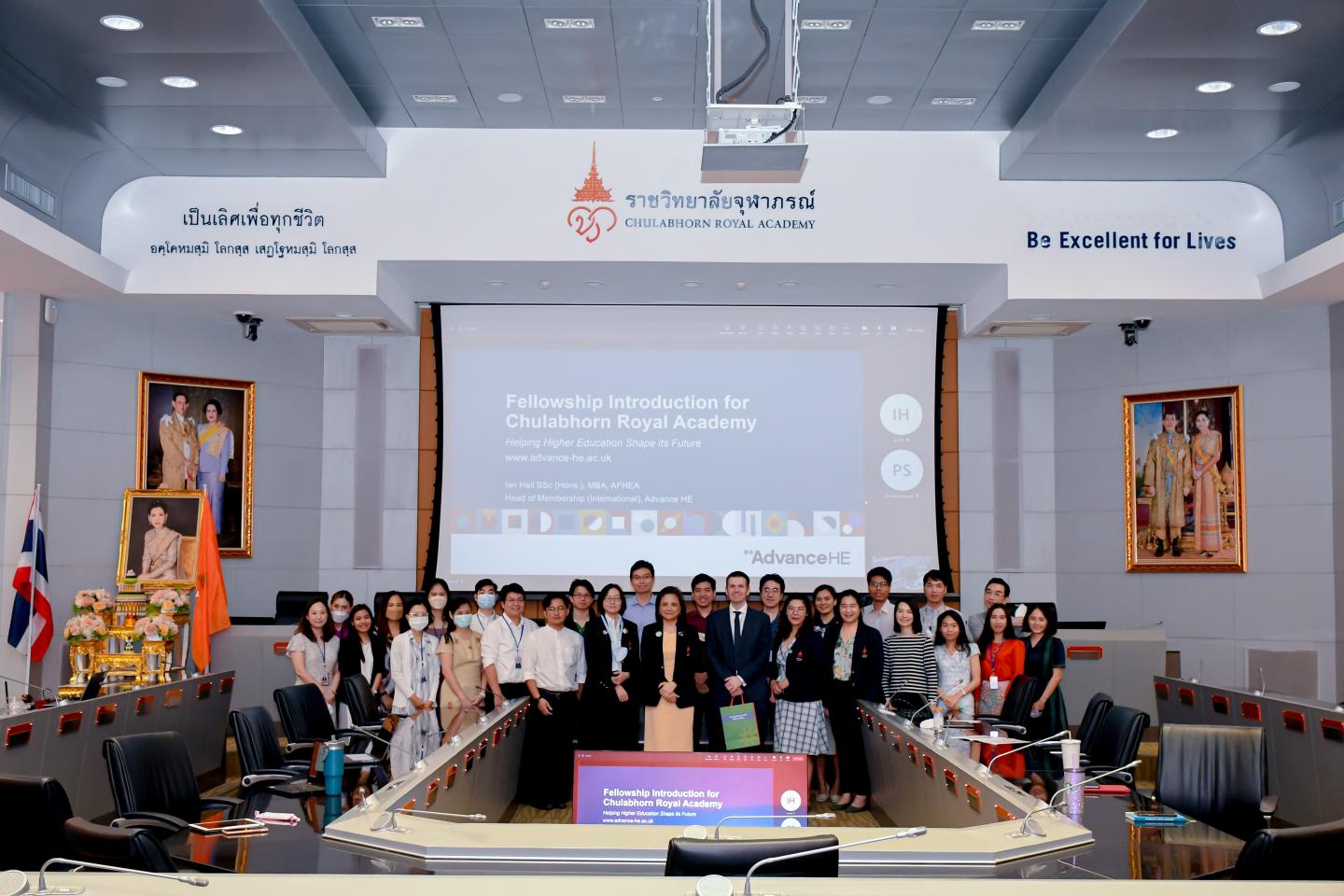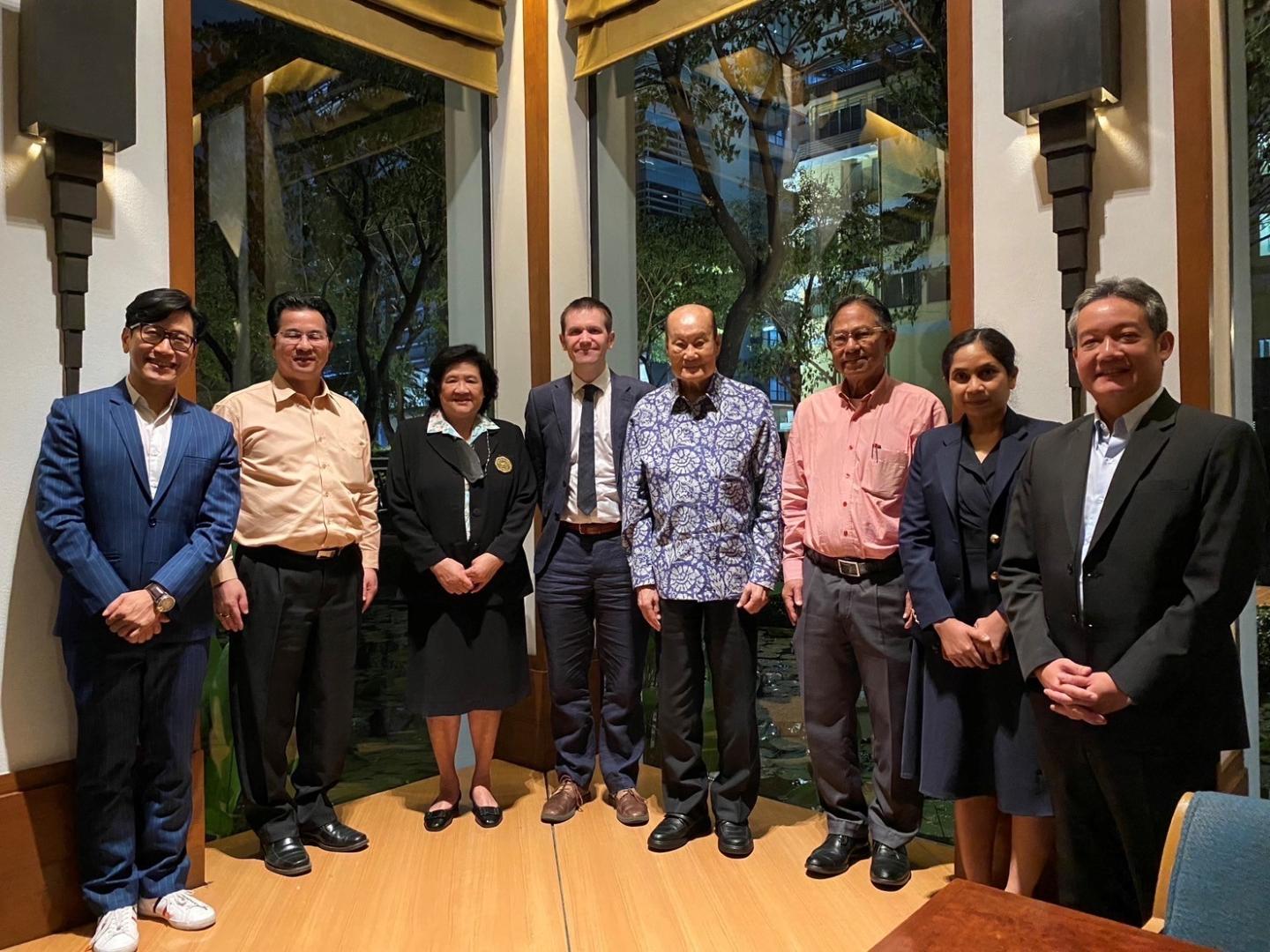I recently had the pleasure of attending my first Asia Pacific Association of International Education (APAIE) Conference, hosted in Bangkok. The conference returned in a face-to-face format for the first time following the pandemic, and it was a great opportunity to understand some of the key challenges for international education and also some of the lessons learned since 2020.
The focus of the conference was the sustainability of international education, which proved a fitting and broad theme. Many speakers reflected on the enormous benefits their students were now seeing from undertaking joint degrees and international exchanges, but also noted the huge value that had been derived from virtual exchange programmes that had emerged more recently.
Multi-national collaboration
These programmes were seen to offer greater access to international mobility to students from a range of backgrounds, and offered an opportunity for multi-national collaboration that many students would not normally participate in, and in a more sustainable way. Many institutions reflected on initiatives they had taken for internationalisation at home, embedding international perspectives in their curriculum for the benefit of all their students. There was also healthy discussion about the balance of driving international engagement whilst also understanding and supporting local communities, with particular reflections from Canada about how internationalisation and indigenisation can intersect.

Caption: Ian Hall meeting with Prof Chirayu Auewarakul, MD, Dean of Princess Srisavangavadhana College of Medicine, and colleagues from Chulabhorn Royal Academy

Caption: Ian Hall meeting with Professor Dr Wichit Srisa-an (centre) and colleagues from SUT, STOU, SWU and Walailak University
The visit also provided an opportunity for me to meet with Advance HE members across Thailand. The conference itself was hosted in partnership with Mahidol University – Advance HE’s 100th international member – and co-hosts included other institutions Advance HE has collaborated with, such as Prince of Songkla University and KMUTT.
I was also delighted to meet again with the inspirational Professor Wichit Srisa-an, the first Principal Fellow in Thailand, and colleagues from four universities he works with closely – Suranaree University of Technology (SUT), Sukhothai Thammathirat Open University (STOU), Srinakharinwirot Univeristy and Walailak University. All four universities have invested substantially in their teaching staff and recognised large numbers of them as Fellows, and Thailand now has the second highest number of Fellows (over 1,200) internationally after Australia. We discussed some exciting potential initiatives for Thailand, which I hope to update on later this year.
I also had an opportunity on the visit to discuss Fellowship with a group of staff at Chulabhorn Royal Academy, who work in close collaboration with UCL in the UK. It was really pleasing to see their staff interested in getting international recognition for their work, and a pilot is planned for a group later this year.
You can find out more about how Advance HE supports institutions worldwide to develop teaching staff and recognise them through Fellowship schemes here.